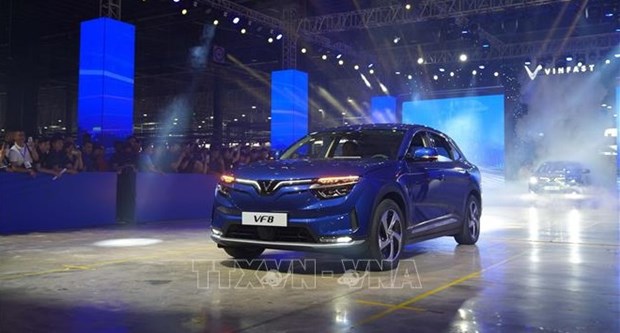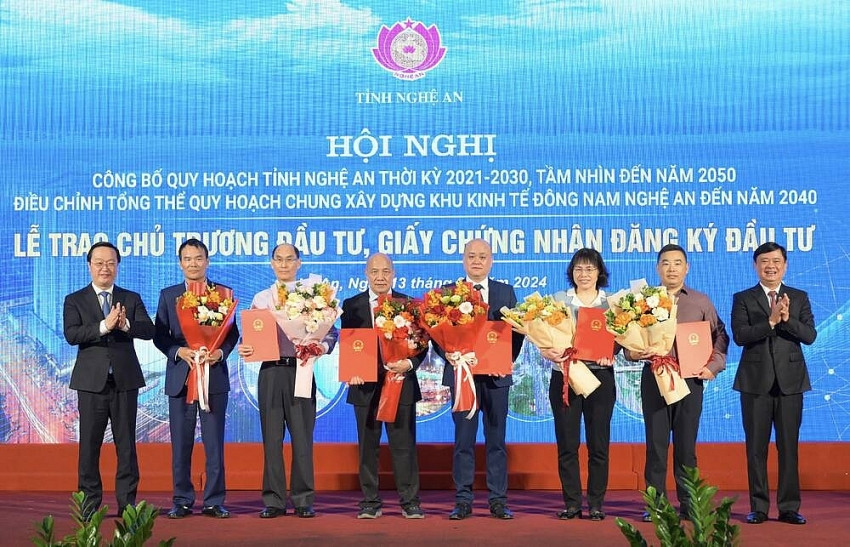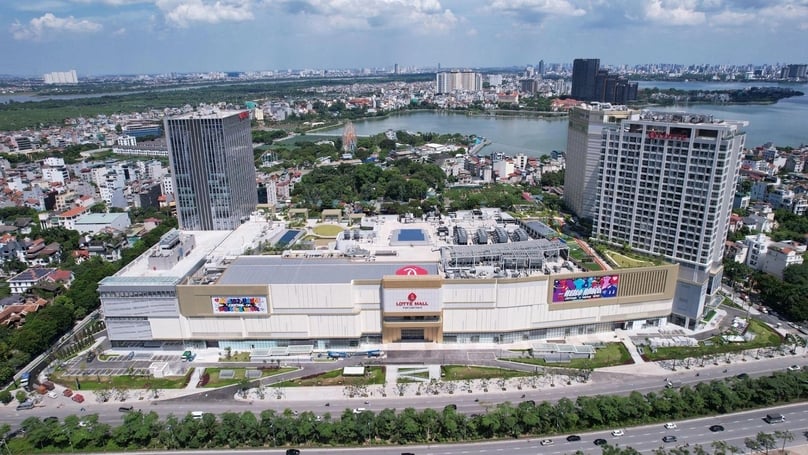Transport Ministry proposes incentives for EVs producers, users
The Ministry of Transport has just submitted its proposal to Deputy Prime Minister Tran Hong Ha on incentives for electrical vehicle (EV) producers and users.

A model of electric car by VinFast. (Photo: VNA)
The Ministry of Transport has just submitted its proposal to Deputy Prime Minister Tran Hong Ha on incentives for electrical vehicle (EV) producers and users.
According to the ministry, Vietnam’s policies to encourage the use of EVs now only focus on battery EVs (BEVs) with incentives relating to special consumption tax and registration fees.
Under its proposal, the ministry suggested three types of EVs to receive incentives including battery EVs, Fuel cell electric vehicles (FCEVs) which are powered by hydrogen, and solar EVs.
The ministry proposed to add EV manufacturing and assembling industries, and battery production to the list of industries that receive special investment incentives. It also proposed an exemption and reduction of import tax on equipment, production lines, and import of complete components and components for the production and assembly of EVs and batteries.
For EV manufacturing, assembly, and maintenance companies, the ministry asked for a preferential mechanism that helps them access financial sources. At the same time, a tax incentive mechanism is also needed for imported EVs.
Notably, according to the ministry, many businesses have proposed the continued application of the special consumption tax incentive of 3% for EVs with 9 seats or less after February 28, 2027, for domestically produced and assembled EVs. The companies also asked for VAT exemptions for the first five years and a reduction of 50% for the five following years.
The registration fee for EVs is exempted for the first five years from March 1, 2022. In the next two years from March 1, 2027, the first registration fee is 50% of the fee for petrol and diesel cars with the same number of seats.
It was also proposed that EV buyers receive an incentive totaling 1,000 USD per vehicle purchase.
Meanwhile, company exemptions could include import tax on components and equipment for the installation of electric charging stations and an exemption from land tax for the first five years, a reduction of 50% in the next five years, a corporate income tax exemption for the first five years and 50% reduction for the next five years.
According to the Transport Ministry, Vietnam has only two EV producers and assemblers – Vinfast (belonging to Vingroup) and TMT Automobile Joint Stock Company.
Until now, the Thanh Cong Group Joint Stock Company and Truong Hai Automobile Joint Stock Company have also introduced electric car models to explore the market and eyed domestic production and assembly.
The number of EVs in Vietnam has increased rapidly in recent years. From 2018 to 2021, there were only 167 vehicles. By July 2023, the number increased to nearly 12,600. However, they are mainly passenger cars and city buses.
Regarding the electric charging station system, VinFast has developed a system of charging stations with more than 150,000 charging ports for electric motorcycles and electric cars in all 63 provinces and cities. As of October 14, 2022, VinFast had installed 1,560 charging stations nationwide.
Currently, Vinfast is providing the market with four types of electric cars. A car with batteries has prices ranging from 538 million VND to more than 2 billion VND, the versions without batteries are from 458 million VND to nearly 1.7 billion VND.
To realise Vietnam’s commitment to achieve net-zero carbon emissions by 2050, the Prime Minister approved an action programme on green energy transformation, reducing carbon and methane emissions in the transport sector.
According to the programme, between 2022 and 2030, Vietnam will promote the production, assembly, import, and use of electric motorized road vehicles, along with charging infrastructure. It is expected that from 2025, all new buses on roads will use electricity and green energy.
From 2030, all new taxis will use electricity and green energy. By 2050, all road motorized vehicles and construction vehicles participating in traffic will be converted to electricity and green energy. Vietnam aims to complete charging infrastructure to sufficiently provide green energy to meet the demand of people and businesses nationwide./.
Source: vietnamplus




